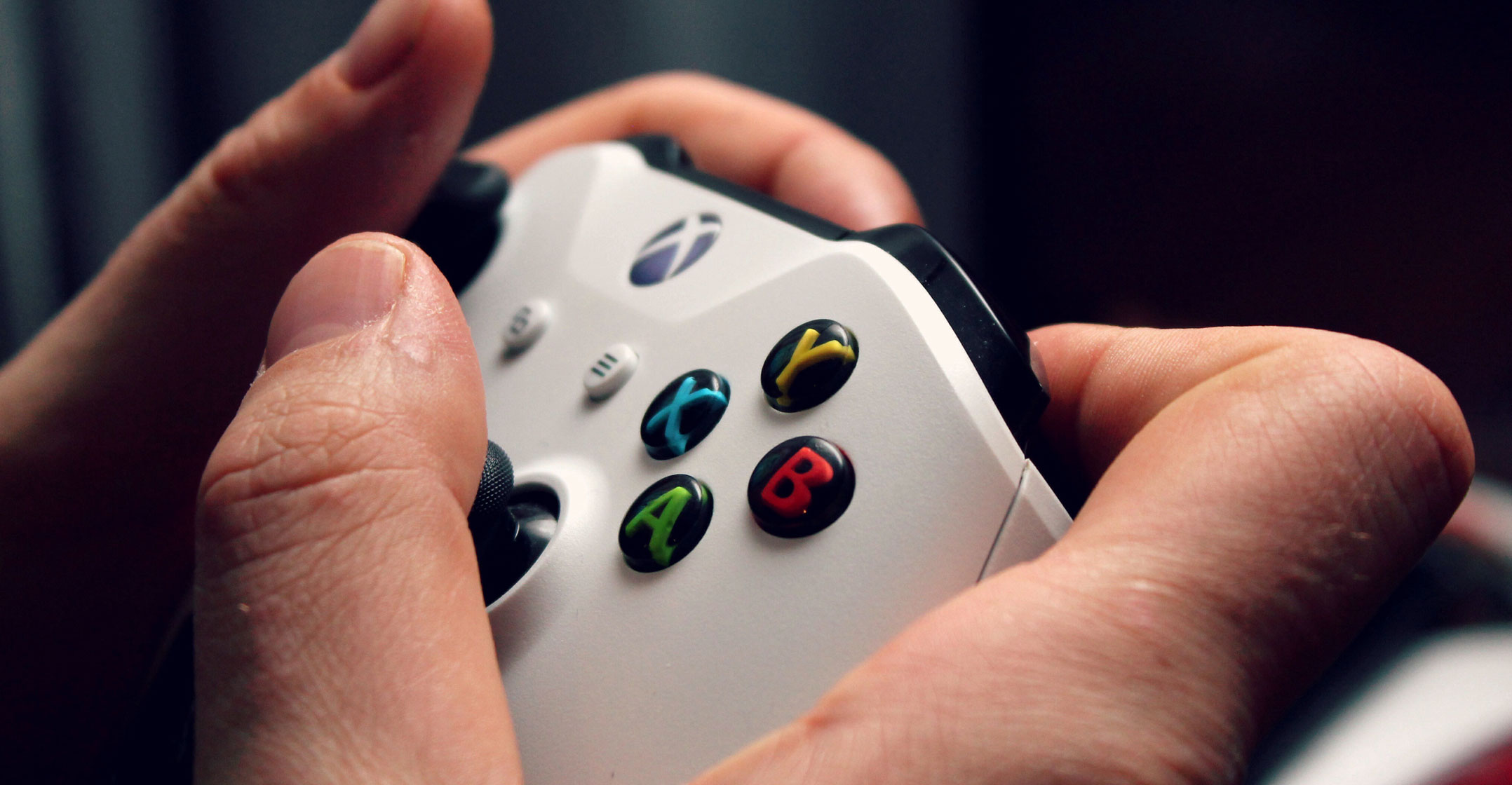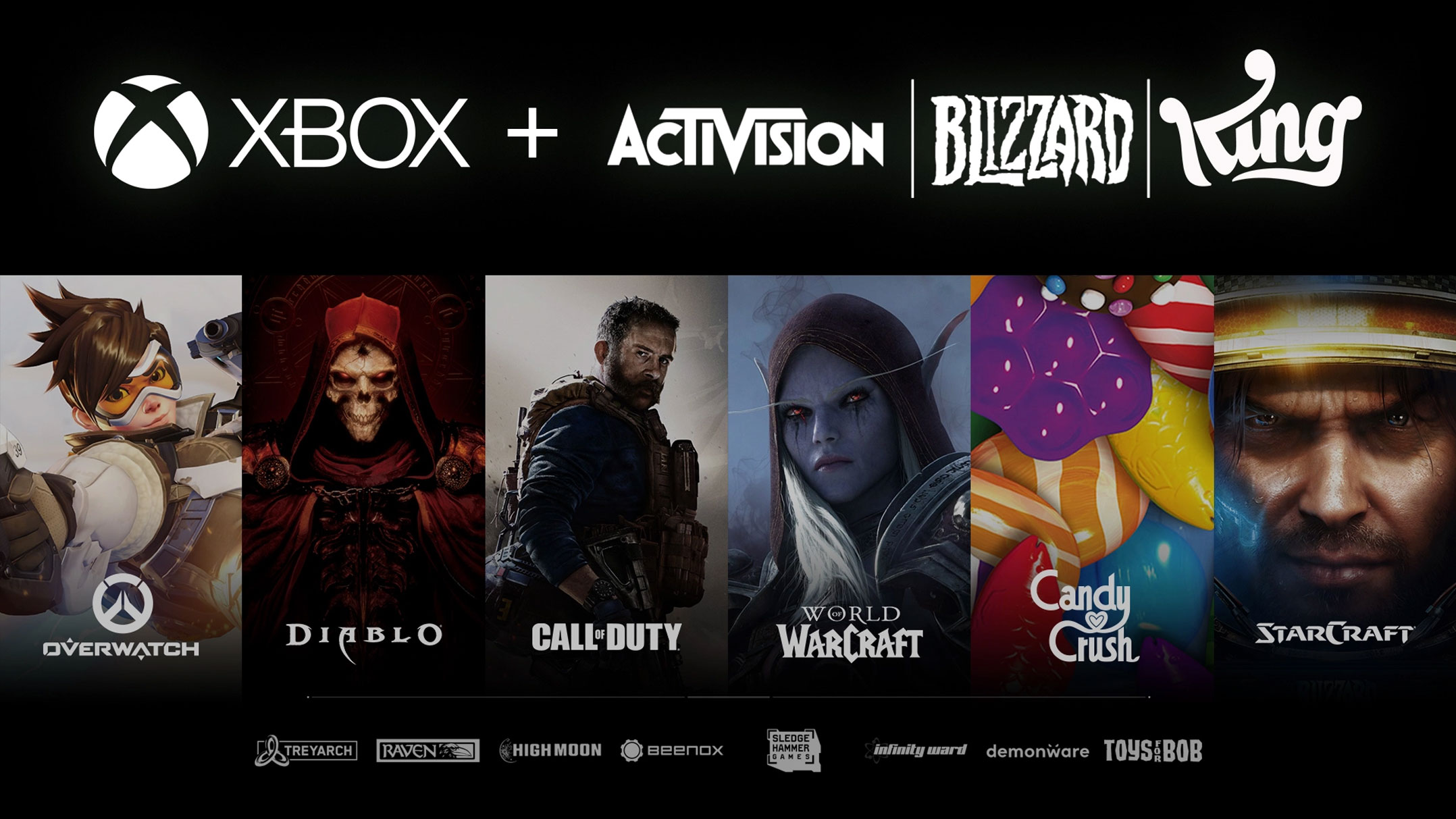 The Biden administration on Thursday moved to block Microsoft’s US$69-billion bid to buy Call of Duty maker Activision Blizzard, throwing a stumbling block in front of the tech giant’s plans to rapidly expand its portfolio of popular games and catch up to bigger rivals.
The Biden administration on Thursday moved to block Microsoft’s US$69-billion bid to buy Call of Duty maker Activision Blizzard, throwing a stumbling block in front of the tech giant’s plans to rapidly expand its portfolio of popular games and catch up to bigger rivals.
Microsoft, which owns the Xbox console and game network platform, said in January 2022 that it would buy Activision for $68.7-billion in the biggest gaming industry deal in history.
Without Activision and its variety of games across mobile, consoles and PCs, Microsoft could struggle to attract users to its budding subscription service for accessing games. Drawing subscribers has become a priority for big tech companies as traditional growth sources such as ad sales become less reliable.
The US software company had said it wanted the deal to help it compete with gaming leaders Tencent and PlayStation owner Sony, which has criticised the deal.
But, in its complaint, the US Federal Trade Commission, which enforces antitrust law, said that Microsoft had a record of hoarding valuable gaming content.
“Microsoft has already shown that it can and will withhold content from its gaming rivals,” said Holly Vedova, director of the FTC’s Bureau of Competition. “Today, we seek to stop Microsoft from gaining control over a leading independent game studio and using it to harm competition in multiple dynamic and fast-growing gaming markets.”
The agency set a hearing before an administrative law judge for August 2023.
Microsoft president Brad Smith said the company would fight the FTC. “While we believed in giving peace a chance, we have complete confidence in our case and welcome the opportunity to present our case in court,” he said.
Aggressive approach
The Biden administration has taken a more aggressive approach to antitrust enforcement. The US department of justice recently stopped a $2.2-billion merger of Penguin Random House, the world’s largest book publisher, and smaller US rival Simon & Schuster.
“This is more evidence of the administration’s and the antitrust agencies’ war against big tech,” said Andre Barlow of the law firm Doyle, Barlow and Mazar. Both the Trump and Biden administrations have prioritised big tech in antitrust enforcement.
Shares in Activision closed down 1.5% at $74.76, while Microsoft slipped from earlier highs but closed about 1% higher at $247.40.
Activision, which has long dreamt of being a Disney-like entertainment conglomerate, also realised it needed more tech know-how and it could be forced to trim back its roster of games to shift resources into emerging areas such as AI.
The FTC said that its concern was that Activision’s popular games, including World of Warcraft and Diablo, would not continue to be offered on a range of consoles, PCs and mobile devices.
 While Microsoft has suggested concessions to address competition concerns, the rapid pace of change in the tech and gaming industries could make those conditions useless over time.
While Microsoft has suggested concessions to address competition concerns, the rapid pace of change in the tech and gaming industries could make those conditions useless over time.
To woo regulators, shortly after the deal was announced Microsoft unveiled a new set of principles for its app store, including open access to developers who meet privacy and security standards.
This month, in another move to blunt criticism, Microsoft entered into a 10-year commitment to offer Call of Duty, the popular first-person shooter series, to Nintendo platforms. Microsoft made the same offer to Sony.
Antitrust challenges have stumbled when companies put forward a “fix” for antitrust harms being done by a deal, said William Kovacic, a former FTC chair who now teaches law.
“I think we can predict with a high degree of certainty that [the judge] will listen to those arguments [from Microsoft] and may be sympathetic to [them],” said Kovacic.
Read: Microsoft’s $69-billion Activision deal faces in-depth probe
Chair Lina Khan and the two Democrats on the commission voted to approve the complaint, while commissioner Christine Wilson, a Republican, voted no.
Activision Blizzard CEO Bobby Kotick told employees on Thursday that he was confident that the deal would go forward. “The allegation that this deal is anticompetitive doesn’t align with the facts, and we believe we’ll win this challenge,” he told employees, saying that he believed the companies’ arguments would win “despite a regulatory environment focused on ideology and misconceptions about the tech industry”. — Diane Bartz, with David Shepardson and Paresh Dave, (c) 2022 Reuters

